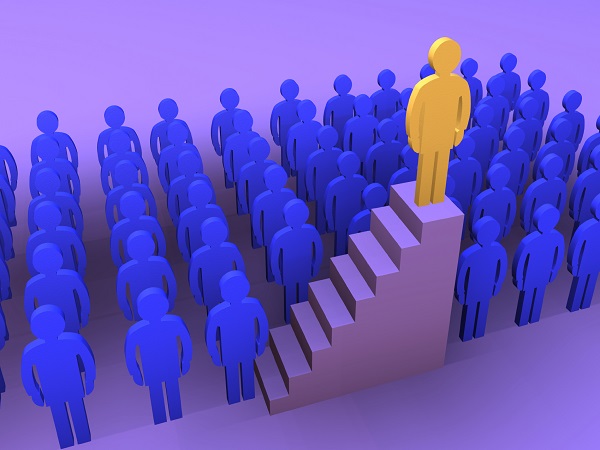Latin America burned throughout 2019 and is still burning. The economic decisions of President Lenín Moreno in Ecuador, the perceived ineptitude of Iván Duque in Colombia, the economic inequality in Chile, revealing a wound that had not finished healing: nationwide strikes, demonstrations, and repression flooded the media, evidencing the seriousness of the situations in these countries.
Meanwhile, a delegitimized Evo Morales left Bolivia after protests against the irregularities with which he intended to remain in power led him to political exile in Mexico, a country led by Andrés Manuel López Obrador, who has contradicted all the promises he made during his campaign after taking office. Nicaraguans on the other hand, and for almost 15 years, live day to day being mistreated, imprisoned and killed by the dictatorship of Daniel Ortega. Until 2019, it had already forced more than 60 thousand people to leave the country escaping from paramilitaries loyal to the president.
We must now imagine all of the above concentrated in one country: the Venezuela of Hugo Chávez, Nicolás Maduro and Juan Guaidó.
For 20 years Venezuela has been plunged under a socialist/communist scheme that has gradually curtailed all citizens’ freedoms. This has been recorded and exhibited worldwide, especially since 2014 when broad protests began throughout the national territory. Thus, the dictatorial, repressive, and arbitrary nature of the Nicolás Maduro regime was revealed: the public information organization Nuestros Caídos (Our Fallen Ones) recorded almost 250 murders during the demonstrations between 2014 and 2019, not counting the 18,000 killed by the Special Action Forces (FAES) of the Venezuelan police between 2016 and 2019, and the almost 500 political prisoners. All of this while Venezuelans keep suffering the blows of one of the worst humanitarian crises in the region, which has resulted in the massive migration of 4.6 million people.
During 2019, a light of hope and change was seen when the National Assembly – the only legitimate institution elected by more than 14 million people – made a clever constitutional move by claiming a political power vacuum based on irregularities in the 2018 presidential elections, and promoted the president of parliament, Juan Guaidó, as president in charge of Venezuela. Guaidó garnered the support of more than 50 countries.
Yet, everything vanished in the alleged takeover of the La Carlota military airbase in Caracas after it was revealed that Guaidó and the opposition did not have the support of the Armed Forces. This added to the significant decrease in the popular support to the opposition calls to demonstrate and take to the streets.
So far this year, the eye that the world still keeps on Venezuela has been focused on the political struggle between Maduro and the Venezuelan opposition. Guaidó began a tour seeking to assert his position as president in charge, and police officers of the Maduro regime raided the offices of Guaidó.
What happens in the Venezuelan internal political space, which was supposed to free us, has begun to move the people away from the opposition leadership, which has also been affected by what they swore to destroy: corruption, lies, and censorship. The opposition leaders have only managed to get people to look the other way and focus on trying to carry on with life in a country with two parallel and essentially different states but equal in their absence and incompetence to solve people’s problems. What should have been a search for solutions to a Human Rights crisis has become a game of power, a continuation of the fight of the political over the human.
It is not surprising, then, that the Venezuelan and world media also prefer to occupy their attention in other matters, leaving us even more helpless than a year ago, and with more possibilities of being submitted to a regime cohabited with a disjointed opposition.
It is a protracted tragedy where there is no glimpse of a near outcome, and whose escape options are as bloody and ruthless as a daily reality. For Venezuela, at this time it is essential to keep a watching eye and to keep shouting “freedom” in all spaces. A humanitarian crisis that is told in lives and not hours cannot and should not be out of the international focus.




